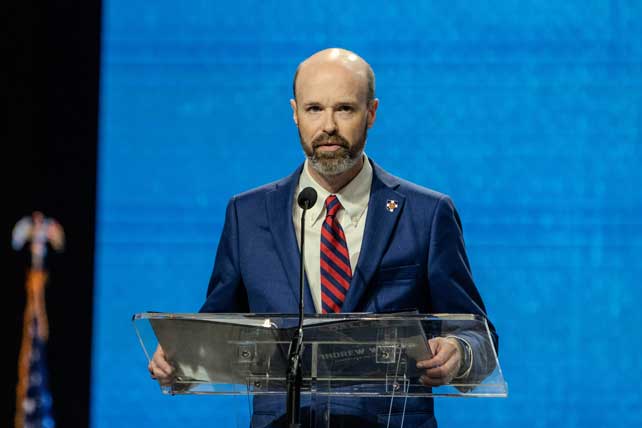“ I think we have a duty to speak to that, to call it out, to say what it is,” said Alexander. “We have a responsibility to speak on that and teach this next generation the evils and the effects of pornography.”
Walker expressed that he sees “an interesting convergence happening in American culture where non-conservatives and non-Christians are beginning to recognize some of the real deleterious effects of pornography.”
“That it’s raising in some sense to a public health crisis,” he added, “ as far as men being unwilling to enter the dating pool, health effects on male physiology, questions of whether or not pornography isn’t just a form of politically correct sex trafficking, if it’s not objectifying women.”
“ I’m actually expecting there to be more conversation in the future about finding First Amendment appropriate ways to figure out how to restrict access to pornography,” Walker said. “And we’re seeing that on a state by state basis.”
“ The Take It Down Act, which we talked about in the resolution itself, I think is an actual way that government can make a positive action to apply criminal liability to individuals who release revenge porn or who create AI-generated porn,” said Walker.
RELATED: At the Start of This Year’s SBC Annual Meeting, Pastor Willy Rice Motions To Abolish the ERLC
“ So I think we need more creative thinking around ways to restrict access to pornography,” said Walker.

